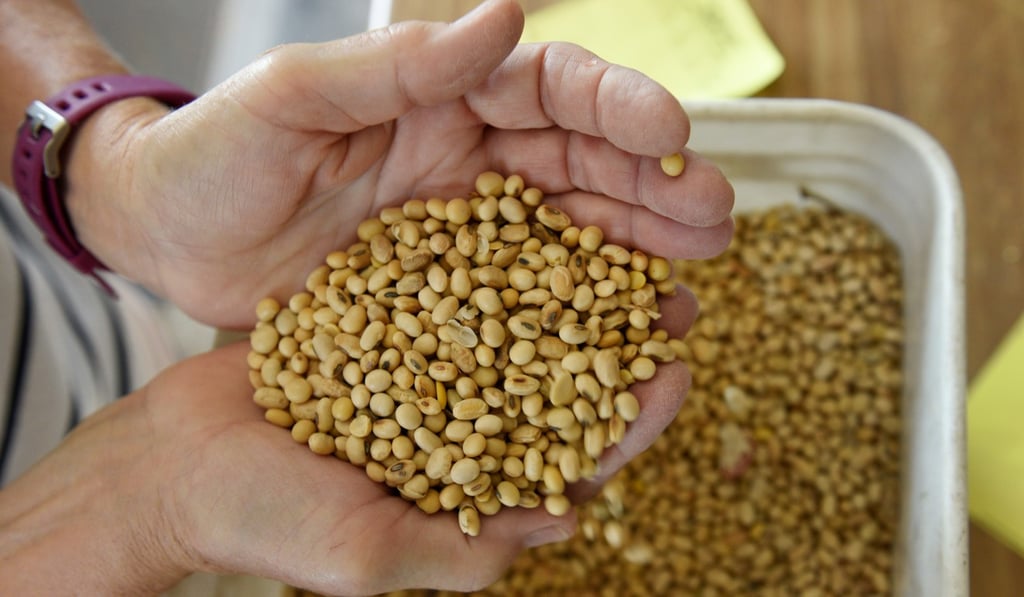Taiwan steps into trade war breach for US, saying it will buy US$3.6 billion in American agricultural products
- The rising tension between Beijing and Washington has helped Taipei, as the US Congress and Trump administration move to strengthen ties with Taiwan
- A letter of intent for the sale will be signed next week in Washington, signalling the apparent political as well as economic dimension to the purchase

In a bid to drive home the message that Taiwan is a reliable US partner at a time of deep and growing distrust between Beijing and Washington, Taipei has announced plans to buy US$3.6 billion worth of American farm products, including soybeans, corn, wheat and meat products. This follows the imposition by Beijing of up to 25 per cent tariffs on US grains in the tit-for-tat trade war involving the world’s two largest economies.
Taiwan said that during a trade mission led by Chen Junne-Jih, Taiwan's deputy minister of agriculture, a letter of intent would be signed next week with US grain and meat exporters. The venue chosen for the signing, the Congressional Visitor Centre in Washington, a gathering place for tourists visiting Congress, signals the apparent political as well as economic dimension to the purchase.

“While the US-China relationship is deeply trapped by a trade dispute, Taiwan instead has been a trustworthy trading partner of the US and is taking substantial action to enhance a closer US-Taiwan economic cooperation,” the Taipei Economic and Cultural Representative Office in the US, Taiwan’s de facto American embassy, said in a statement.
US farmers welcomed the deal but said it was small potatoes compared with China, which bought US$19.6 billion in American agricultural products in 2017 before the start of the trade war, including more than US$10 billion in soybeans.
“It’s good, obviously good; we need all the help we can get,” said Mike Appert, who grows soy, corn, sunflower and edible beans on his massive farm in Hazelton, North Dakota. “But we need to get back to business with China. We’re just trying to survive and hang in there.”